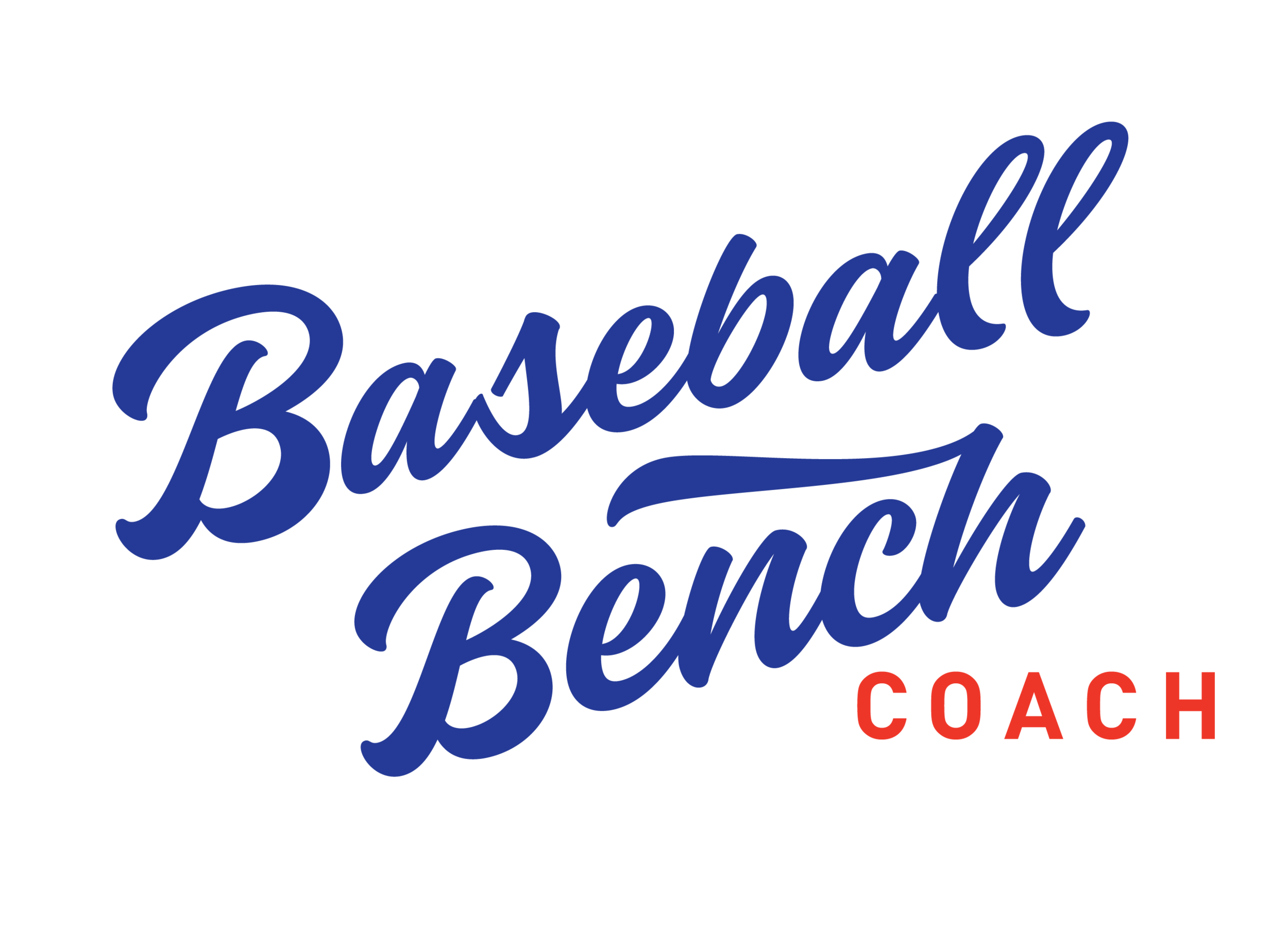Bring Them Home Now!
I mostly saw the 60’s through the eyes of my older brother and cousins -- a time of campus unrest, Woodstock, hippies, and many other forms of self-expression and challenging the norm. In sports, those themes were demonstrated by Cassius Clay, the heavyweight boxing champion, who converted to Islam in 1962. In a controversial move in 1964, one of the most famous athletes the world has ever known changed his name to Muhammed Ali and soon became a leading advocate for social change. With the possible exception of Curt Flood’s challenge to the reserve clause, it is difficult to find an “activist” in baseball history.
Instead, baseball has always emphasized conformity. The Oakland Athletics won the World Series in 1972 in a flamboyant style with many players sporting mustaches and longer hair. As a result, the Yankees adopted an actual policy in 1973 that players must have their hair cut above the collar of their baseball jersey and no beards were permitted. The original policy was established under the late George Steinbrenner because he wanted the players to adopt a “corporate attitude”. The policy remains in effect today, much to the dismay of many MLB players. The Reds, until 1999, were the only other team to prohibit beards but it was more of an unwritten rule than an actual policy.
25 years later another form of self-expression relating to the Reds is in the news. Alon Leichman, the Reds assistant pitching coach and proud Israeli, had his Opening Day glove adorned with an Israeli flag and the phrase “Bring Them Home Now!” stitched on the side. Leichman grew up in a kibbutz between Tel Aviv and Jerusalem and learned to play baseball in a country that had very little facilities to support his interest. He pitched for Team Israel in international tournaments as a teenager and against Team USA in the 2020 Olympics. His coaching career began in the 2017 World Baseball Classic. He soon found himself in the U.S. as a pitching instructor at many levels of the minor leagues. In December 2022, Leichman became the first Israeli in MLB history. Alon’s expressed support for Israelis still being held in Gaza is commendable.
What is acceptable conduct or self-expression seems to burden baseball. There are so-called unwritten rules, a set of unspoken rules in baseball that managers and players are to follow, all of which concern play on the field. These rules have included numerous, prohibited acts, such as do not show up the pitcher by standing at the plate and admiring a home run or flipping your bat. When it comes to outside the field of play and taking individual stands on societal issues, I don’t think of baseball players as taking a leading role. My thoughts turn to the NBA, or maybe to a lesser extent, the NFL. MLB seems to trail behind. Maybe part of it is that baseball’s fan base trends toward an older crowd.
In today’s game bat flips after hitting a home run are now accepted. Yet, a bat flip in the 2015 AL playoffs by Toronto star Jose Bautista brought the old school vs. new generation conflict in full focus. Goose Gossage, Hall of Fame pitcher, told ESPN that Bautista was “a disgrace to the game”. He also admonished Bryce Harper for his showboating antics and claimed Harper had no respect for the game. MLB Commissioner Rob Manfred seemed to settle the dispute by stating: “Goose and his peers developed a set of unwritten understandings of what was acceptable on the field when he played the game, and I think the generation of players that are on the field are going to do the same thing.” A few years later, Tim Anderson’s famous bat flip in 2019 was deemed by HOF’er Johnny Bench as now just part of the game.
Self-expression in baseball has indeed changed over the past ten years. Players use social media to connect with fans and express themselves off the field. Just in the first week of the 2024 season baseball writers featured stories of customized gear and personalized walk-up songs. Rangers’ star outfielder Adolis Garcia sported some very colorful Adidas Afterburner 9 cleats, a big change from the all black cleats of the past. New Cubs pitcher Shoto Imanaga was said to have chosen “Chelsea Dagger” as his walk up song. Apparently, Shoto had been to a Blackhawks hockey game recently, saw how the crowd reacted to the song, and wanted to just fit in with Chicago fans.
I must admit that the new ritual in baseball where hitters after reaching base give celebratory acknowledgements to their teammates in the dugout brought the traditionalist out of me last year. I found myself grimacing instead of smiling. But then I thought about what’s important for baseball. We need to welcome new generations of players and fans enjoying the game in any way they see fit. We also need players and coaches to express themselves in all respects. Not to minimize in any way the importance of Alon Leichman’s “Bring Them Home Now!” statement, but baseball should continue to find new avenues of bringing the game home to all.
Until next Monday,
your Baseball Bench Coach



